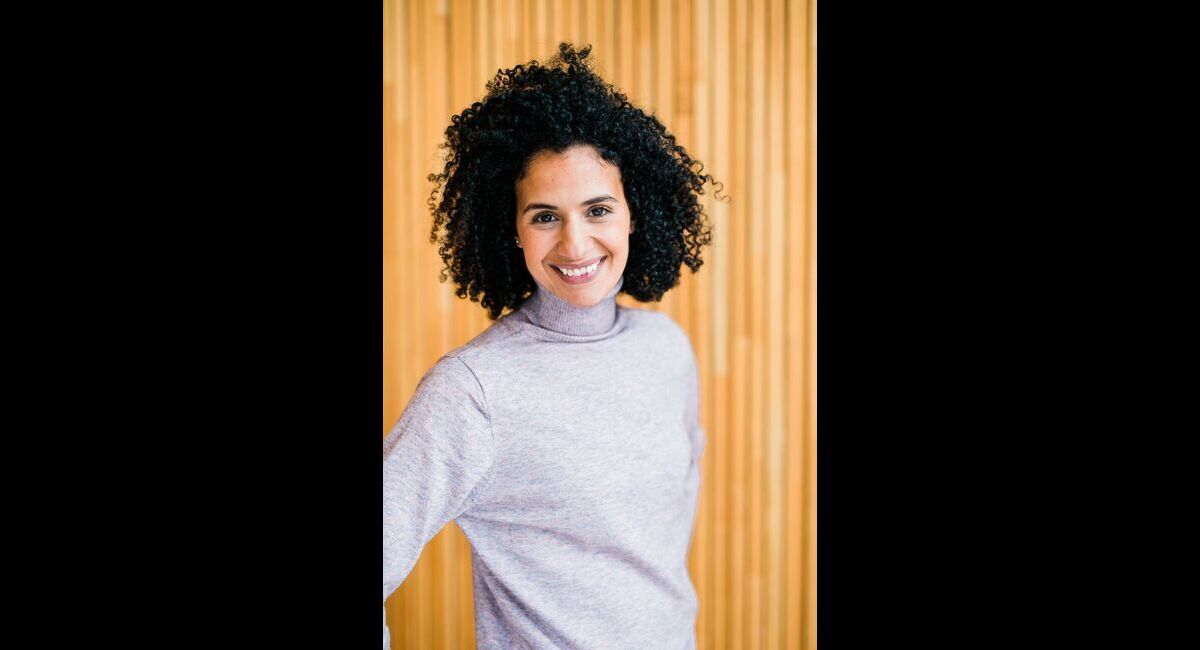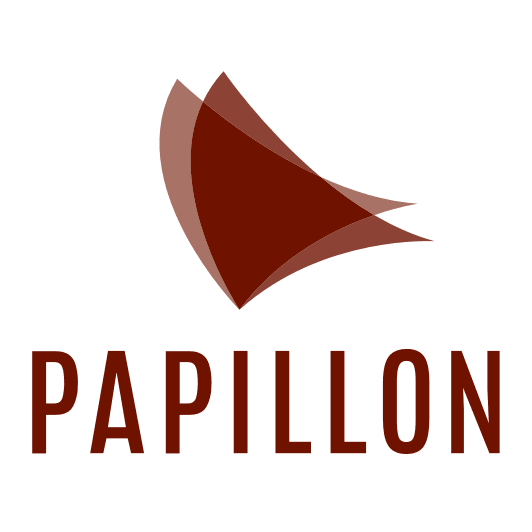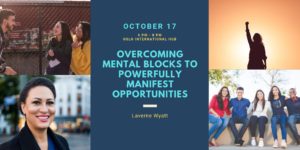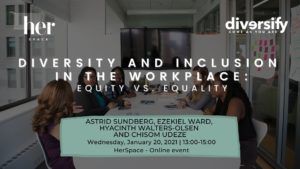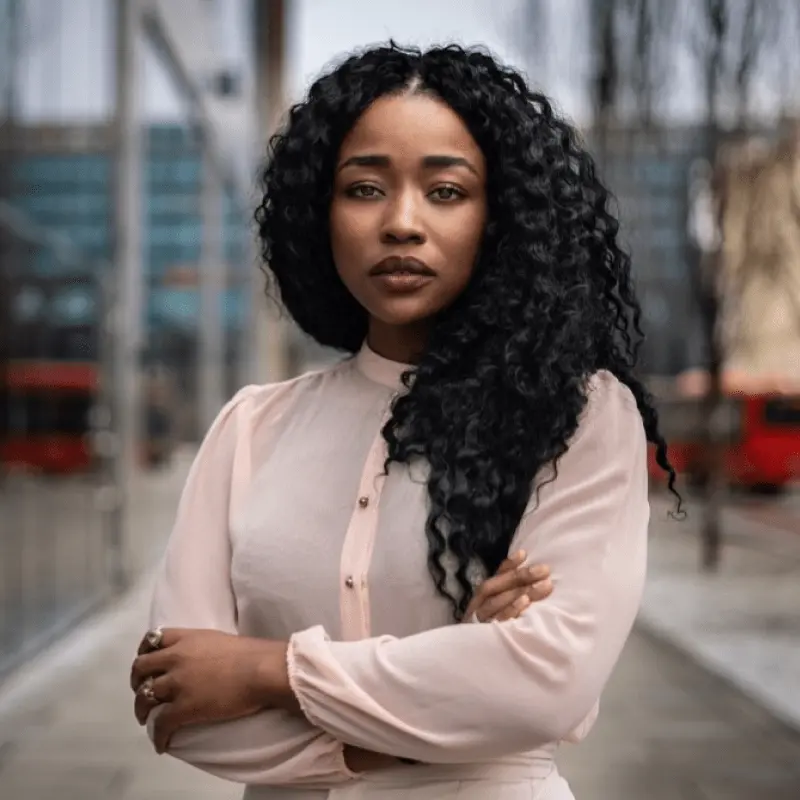Leila Rossow is the energetic and inspiring Founder of Papillon Bergen. Papillon is a social impact organization that works to ease the transition of foreign women in Norway. Leila moved to Norway less than a decade ago and has since built a home for herself, as well as many others that have crossed her path. When Leila came to Norway, she experienced the difficulty in navigating and negotiating her identities and cultures, never mind that she moved to Norway from France. She set out to find a community and organizations that provided transitional assistance, but only found one. She started working there but soon realized that recently relocated groups within her target needed more services – so like the change maker she is, she sought to create an umbrella to address their needs. This was how Papillon Bergen was born.
Papillon Bergen is a highly experienced organization that works with multicultural people between the ages of 16 and 30 (including those who have newly arrived in Norway). By facilitating belonging and building bridges for their target group, Papillon intervenes in their everyday lives by helping them better integrate in their communities. Papillon offers advice on employment, education, future plans and a listening ear when needed. The amazing team behind Papillon provides a diversity of events, language chats, training, and individual mentoring about everything that relates to adjusting to life in Norway, whilst balancing one’s biculturalism or multiculturalism.
Leila lights up every room she walks into with a larger than life personality, warmth and a positively contagious temperament. She wears her passion on her sleeves and ‘takes no prisoners’ when addressing issues that matter to her. She is uncompromising in the pursuit of Papillon’s objective and works every day to ensure that every girl and woman she and the Papillon team crosses paths with are better off. Leila surrounds herself with an army of inspiring female soldiers — board and team members alike, who like her are powerful, committed, valiant and unapologetically relentless in their goal to make a difference in the lives of others.
Recently, Leila and the Papillon Bergen team were deservedly awarded the Jentepris 2019, from Plan International, to recognize and applaud the work they do to elevate the lives and social integration of young minority women in the Bergen area. And we (Diversify) were there to support and celebrate them.
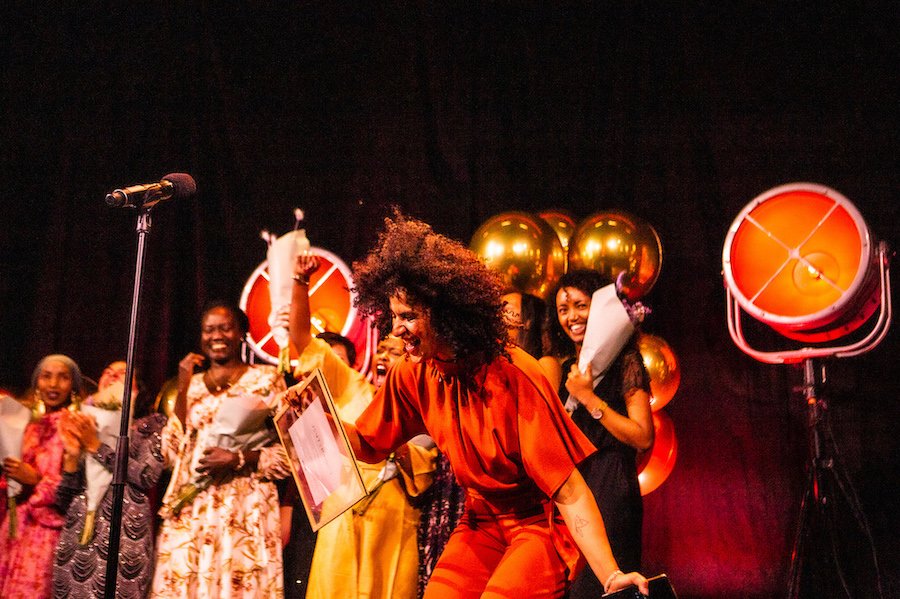
We have been smitten by Leila ever since we met her, and we look forward to many more future collaborations and discussions. Leila is a gem and we are so honored to know and call her a friend. We are in awe of her commitment, energy and light, and we look forward to the many positive impacts she will continue to make in Norway and beyond. When Leila is not working, she enjoys spending time with her two children, brainstorming new ideas, and spending quality time with family and friends.
Read more from Leila below.
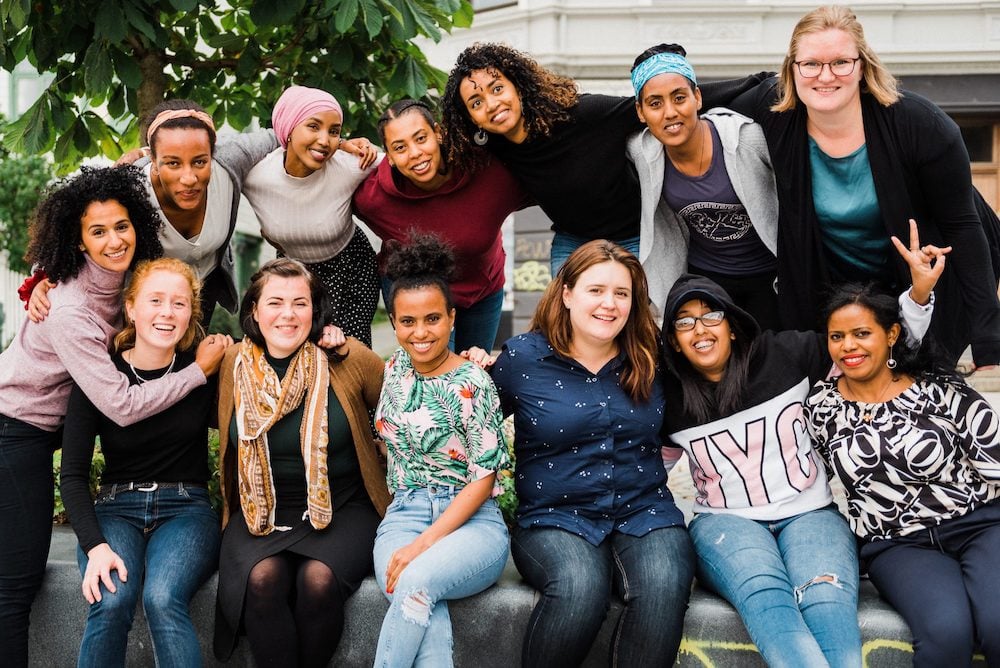
“Can you tell us about Papillon Bergen? What you do and who are your primary target groups? “
Papillon is a place where our participants can come and feel free to talk about whatever they want. We provide a judgement free community where people feel accepted as they are, so that they may thrive. Our target group are young women with immigrant background, from 16 to 30 years old.
“What does Papillon mean? Why did you choose that name?“
It means butterfly. I thought about the process I underwent when I came to Norway and it was inspired by the practice of building an identity between two cultures. Papillon mirrors the inherent and daily transformation we all undergo when we begin a new phase in our lives, whilst negotiating our many cultures and identities. Papillon is representative of endurance, positive change, hope, and freedom to live the lives we want and deserve. When we have a safe environment around us, it’s safer and easier to find our own way. But when we don’t have that around us, it can be difficult to realize our potential.

“How did your experience and background inspire you to start Papillon?“
When I first came to Norway, I was very lost. It was not my choice to come to Norway. I was not aware that it was a challenging country to live in because of the language, the totally different culture and religion. It was cold, but it was cold in so many other aspects as well. It took me a long time to really understand the Norwegian people, system, language and culture. When I got to Norway, I rationalized that there must be so many others like me, who felt similarly to how I did. And I feel very privileged to be able to understand the system and culture. I came from France, a western country, so acclimating was relatively easy. Then I imagined what people from completely different and unrelated cultures felt, and figured that it must be much harder for them.
I set out to look for places, companies and organizations which would help people in similar situations, and I was only able to find one. I started working there (Flerkulturelt Senter) as a coordinator, meeting women who showed up and developing activities and programs to give them strength to navigate through cultures. But I knew it was not enough to meet just once a month. These women were struggling in so many other ways and needed as much support as they could get. Because I felt I was unable to follow up and help them the way they needed, I started thinking about what I could do to provide them with more, and that was how Papillon was born.
“You experienced difficulties integrating into the Norwegian Society. What have you learned in the process? And how do you apply it to make Papillon different?“
It started with a few girls who had been in a refugee camp. I told them about our mission – which is to help as much as possible in bridging the gap to allow them navigate through cultures, whilst developing a network. In addition, we also facilitate the learning and understanding of social norms and codes, and we utilize our network to its fullest potential. When we are unable to provide the resources one of our members need, we know someone who can help and we provide the needed referral.
I think Papillon is different in many ways because we never ask those who come to us about their stories and we always see people as a resource. We created a safe space where people could speak and share only when they want to, and we would listen without judgement. In so doing, we noticed that they wanted to come back to us and the gap between what the social services offered and what the women really needed became more apparent.
In the beginning, we did not have any money or funding to run our day to day activities. But as more people started to show up and actively participated in our community, we had to work really hard to convince the municipality to give us funds. It was not until we managed to get on the news with our work, that we finally got some recognition.

“When you work with these women, is it mainly through one-to-one mentoring or by hosting relevant events?”
We do both. We have an activity plan where we talk about different challenges and opportunities that are available to the women in our target groups. We are also evolving and in so doing, adding more resources to extend our mandate. In this regard, we have recently launched an anonymous chat to provide help and guidance to people.
“Why do you think it’s challenging for people to integrate and find their place in Norway? Beyond the language, for example, what constructive solutions can be implemented? What can the state, organizations and people do?“
I think that there needs to be an open space for dialogue between Norwegians and non-Norwegians. I do believe that there’s much Norwegians can learn by meeting people from other cultures and vice versa.
In professional settings, most companies do not have specific policies that help to better integrate people hired from abroad. Herein, it is, of course, easier to hire someone they know will fit in. Thus, leaders need to be more aware and knowledgeable about the significant benefits of multicultural teams. Thereafter, employ resources and tools that will help them thrive. The state and organizations can ensure that they are knowledgeable about the hindrances that many face and put mitigative structures in place.
I would like to challenge people to find out more about their rights and how they can utilize resources available to them to secure the lives they want for themselves. I, however, understand the harsh reality – knowing fully well that although a person might know their rights, there are structural and systemic walls that prevent people from getting a foot through the door. There are more stories about people who have applied for work for many years and are on the brink of giving up, and this is both unfortunate and a big loss to the Norwegian society.
One of the ways we also work to bridge this employment gap is to connect people to relevant networks. It is my understanding that around 50% of the population get jobs through their network. That’s quite a significant number!

“How do you map the impact that Papillon makes? And how would you say Papillon have improved the lives of its members?”
We are currently not very good at measuring the impact (in hard data, as I understand you mean :)) but we are working on this. What I can say is that we are a bridge between where the ladies currently are versus where they want to be. There are about 50 women who have moved on from us to greener pastures, as this is our plan — to set them off on solid ground. And what I know about them is that they either have a job or are at school. For those who have not been able to secure a full-time job yet, they have part-time jobs. So, we know we are making a difference with our work.
Nonetheless, we started incorporating some data now because we have a cool program for middle schools. We are also in dialogue with some researchers who want to measure and evaluate our work.
“What would you say is the state of diversity and integration in Norway?”
There’s some progress, but it’s slow. Nonetheless, if more people like us dare to and continue to speak up, we will continue to make a difference. There’s a lot to be done in showing the state and the everyday person that there is an actual problem that needs addressing. Ignoring that it exists has costs – financial, social, political and otherwise, to the Norwegian society. There is also an opportunity to utilize the media to showcase the movement.
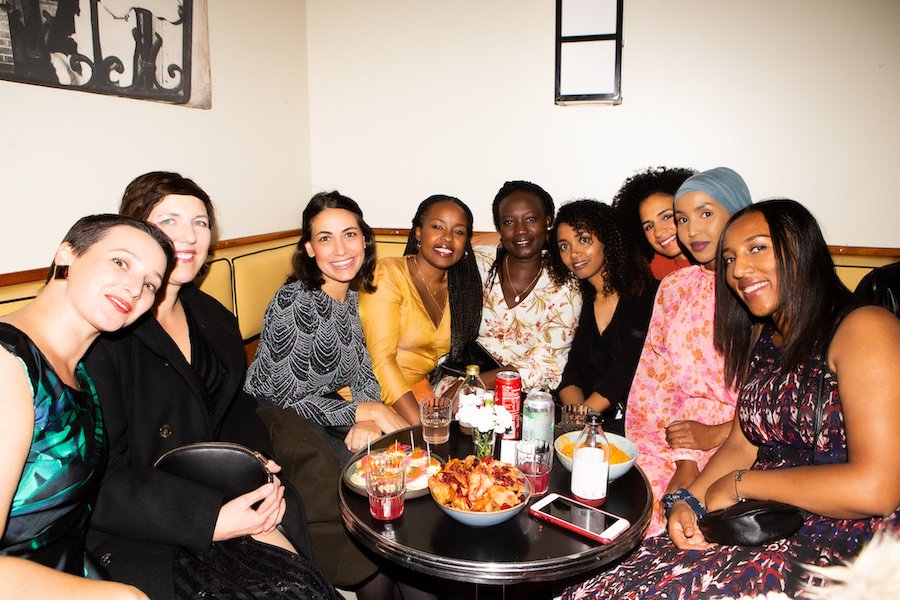
“Do you think that things will continue to improve for the better?“
Yes, I believe so. Nonetheless, it begins with and will be fostered by more representation and participation by all (who are willing and able to) in society. To succeed at this, we need more enabling structures in place to encourage participation. Perhaps in 10 years, we will have more people and leaders with diverse backgrounds. The key is to work together.

“In your work, what challenges do you continue to face? And where do you see opportunities?”
The most challenging is when women come to me and tell me they get misunderstood, and all of them have been through so much to get here, and then they are not met with empathy but with fear. I see opportunities within the public services. What if the state hired more people with diverse background who have the competency, but can also see the challenges? We need more representation. “You cannot be what you cannot see”.
“If you could make a change in the state of affairs as they are today, what would you do?”
I would pick up the best people who want to work with me. I would have a group that is representative of the diverse Norwegian society in every municipality and I would make them measure how Norwegians work with diverse people.
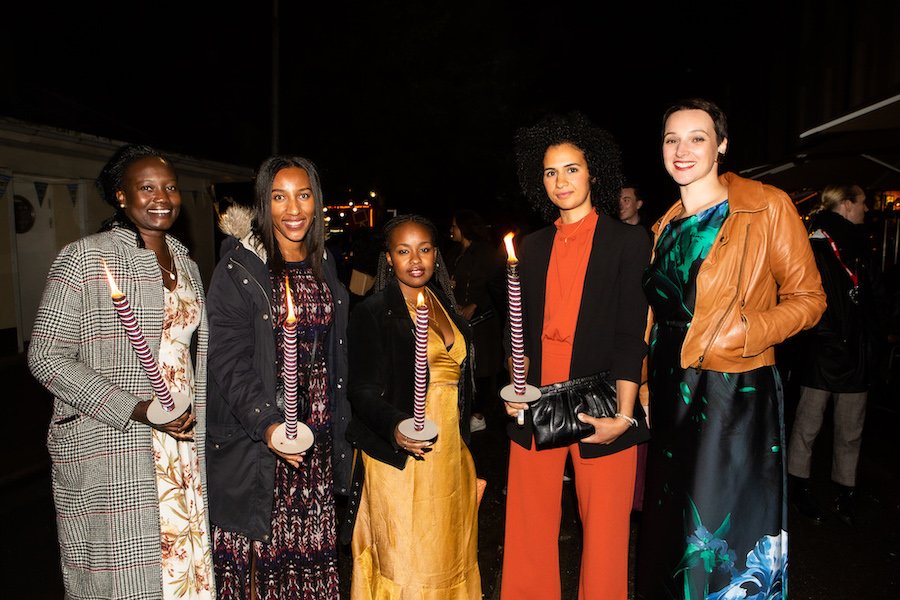
“What is your vision for Papillon for the next 5 years?”
I envision that my board, my colleagues, and I will continue to grow and expand our reach and impact; that we will continue to evolve to become an organization that provides different services – in other words, a multi-functional center where people come to belong, be seen, heard, and developed to thrive. The limit is where you say it is.
